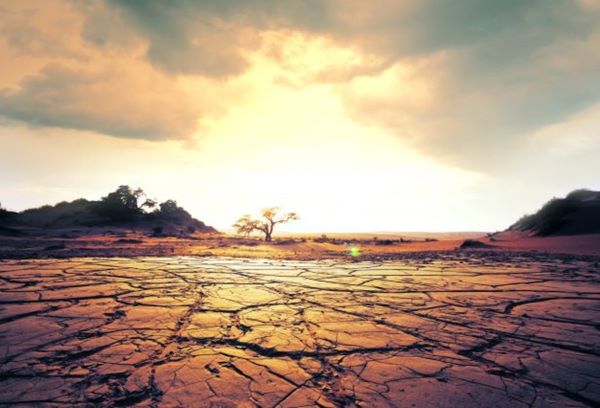As the West and Central Africa region counts the cost of the recurring drought events that have swept through parts of the region, particularly during the 2022 agricultural season, the African Risk Capacity (ARC) Group recently made an insurance payout of USD 2.5 million to the Government of the Togolese Republic to honour the conditions of the sovereign insurance policy taken out by the country to cover this risk. In line with its mandate to work with African Union Member States to help them to better plan, prepare and respond to climate-induced threats and disease outbreaks, ARC has been working with Togo since 2017 to strengthen its response capacities to drought events.
The Togolese Republic first participated in ARC risk pools for drought during the 2019/2020 agricultural season.
Togo’s participation in the 2022/2023 ARC risk pool enabled the country to transfer its risk onto international markets via ARC Limited (Ltd), a mutual insurer owned by the African Member States and the commercial affiliate of the ARC Group. ARC Ltd has been providing risk pooling services to African Union (AU) member states since 2014, and this payout makes another strong case for the role of parametric insurance in building a country’s resilience to climate-induced threats.
“It’s been a great honour to work with the Togolese Republic on its journey to build the country’s resilience to the threats paused by drought events. This payout will reach the most vulnerable, and is a confirmation of the need for countries to proactively manage their risks in the face of growing climate threats”, said Lesley Ndlovu, CEO of ARC Ltd.
Togo’s insurance policy in this ARC risk pool was made possible by an insurance premium paid in part by the government, with premium support contribution from the Africa Disaster Risk Financing Programme, a framework developed as a collaboration between the African Development Bank and the ARC Group, funded by the Agence Française de Développement (ADRiFi AFD).
Togo’s 2022/23 agricultural season was marked by pockets of intermittent dry spells in the north, particularly during the sowing window. The dry spells that lasted longer than 10 days caused a reduction in yield and agricultural production at the end of the season. According to the AfricaRisk View, ARC’s technical tool for monitoring the season, 689,267 people were affected in the prefectures of Savannes, Kara, and Central.
To implement planned payout activities, the Government of the Togolese Republic will be guided by a pre-agreed Final Implementation Plan developed as part of the ARC contingency planning process that is facilitated by ARC Agency, which is responsible for working with member states to ensure their preparedness to manage such disaster events. Funds received will be used to implement a mobile money cash transfer response where 9,920 households will receive USD $71.4 every month for three months to help them cope with the impact of the drought. Not only will this cash transfer contribute to food security for beneficiary households but it will also prevent them from resorting to negative coping mechanisms such as selling off productive assets.
To reach beneficiaries efficiently, the government will be supported by various stakeholder groups, including the National Agency for Civil Protection (NACP), the Agricultural Statistics, Information and Documentation Directorate (DSID), the Ministry of Agriculture, Livestock and Fishery Production (MAPAH), None-Governmental Organisations, Civil Society Organisations, and the local government.
“The ARC mechanism is designed to support AU member states in their fight against climate-induced threats and disease outbreaks and to provide country-specific solutions based on needs. We are happy that Togo is taking action to protect vulnerable populations. We look forward to a continued relationship with Togo as we intensify efforts to strengthen response capacities and preparedness.” said Ibrahima Cheikh Diong, UN Assistant Secretary General and ARC Group Director General
ARC’s unique value proposition enables it to provide innovative financial mechanisms to pool the risk of participating African countries and transfer it to international reinsurance markets to strengthen members’ Disaster Risk Management (DRM) systems.








